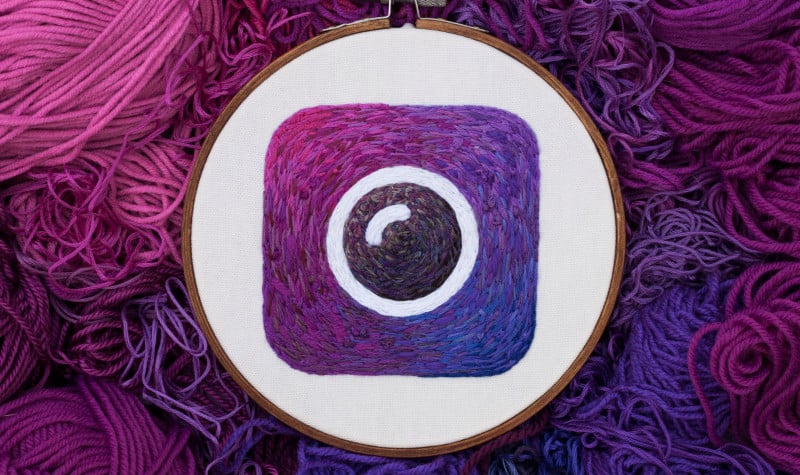Welcome to our new column ‘Tech Talk By Lucy Broadbent’ where we bring you the highlights of the week in tech. Along with our new Women Love Tech designs released this week, Lucy will be sharing her views on what’s making the headlines around the globe.
Welcome to our new column Tech Talk by Lucy Broadbent
Meta is heaving a giant sigh of relief this week after a significant new study from the UK’s Oxford Internet Institute (OII) found that social media is not psychologically harmful. Yes, you read that right.
But wait a minute. Before we get too happy. It turns out the report only looked at Facebook. It did not cover Instagram, X (formerly known as Twitter), Tiktok or any other social media platform. It also only looked at two very wide age groups at national levels (13-34, and above 34). Nor did it examine individual groups, or the risks presented by certain types of content.
Simply studying Facebook users and ignoring the rest is like measuring the number of car accidents on an A road while forgetting about the motorway next to it, and announcing, ‘No problems to see here.’
Why ignore the Instagram and TikTok feeds of teenage girls? Why not monitor the content from sites that promote self-harm or suicide? Why not study teenagers in their own special group? And while you’re there, what about comparing the Instagram feeds of women versus men? That’s a simple test anyone can do. Men are targeted with soft porn, just by virtue of their gender all the time. Given that porn addiction is a real thing, why ignore that?

“The study is so general as to be of little use to current regulatory or clinical debates,” says Professor Sonia Livingstone of the London School of Economics.
Not half! And dear people at The Oxford Internet Institute, perhaps you need to be made aware that the younger generations, those who are suffering the worst mental health problems related to social media right now, don’t actually use Facebook. Duh!
Boys! Boys! Boys! This is getting ridiculous. Now that the proposed billionaire cage fight between Tesla boss Elon Musk and Meta boss Mark Zuckerberg is apparently off, Musk announced today that he will show up unannounced at Zuckerberg’s home to fight.
“For the Tesla FSD test drive in Palo Alto tonight, I will ask the car to drive to @finkd’s house,” Musk posted Monday 14 August on X, (formerly called Twitter). “If we get lucky and Zuck actually answers the door, the fight is on!”
A spokesperson for Zuckerberg said: “Mark is traveling right now and isn’t in Palo Alto. Also, Mark takes his sport seriously and isn’t going to fight someone who randomly shows up at his house.”
There’s a rat to smell in all this. Given that the battle between Musk and Zuckerberg’s social media sites continues, is it possible the whole thing is a PR stunt?

Threads launched in July, making significant headway with over a 100 million sign ups in less than a week, its cool trick being that anyone with an Instagram account can get a Threads account and bring their followers with them. X, formerly known as Twitter, launched a lawsuit.
Threads’ numbers are reportedly now falling back, and X remains victorious. But you’ve got to ask who’s gaining the most out of this very public catfight?

If you thought Captchas were annoying in the first place, it won’t please you to learn that they don’t even do what they’re supposed to do. Captchas are those little boxes where you must check off the number of busses, bridges or traffic-lights to move forward on a website. Unfortunately, a new study, out this week, has found that bots are better and faster than humans at cracking Captcha tests. That’s a headache for everyone because Captchas are a security check to block potentially harmful bots, which threaten internet commerce because they can masquerade as legitimate human users and perform harmful operations like scraping content, creating accounts, and posting fake comments or reviews.





